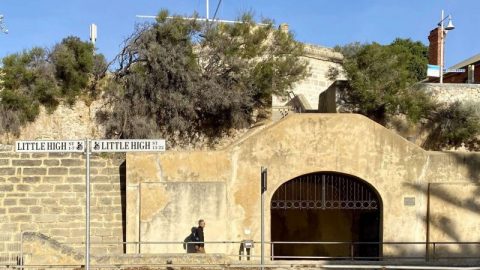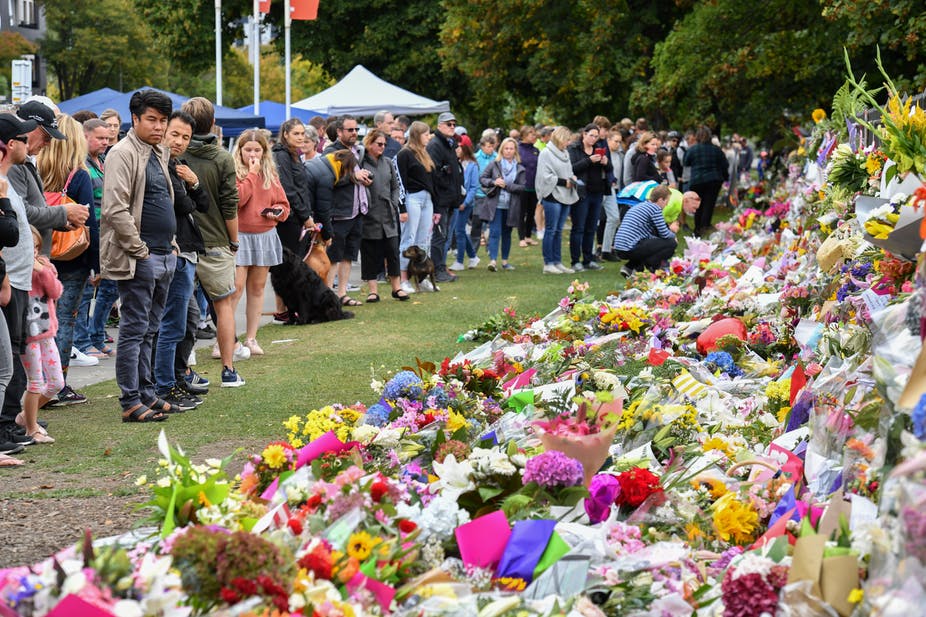I can’t help but think we Australians can chew gum and walk at the same time.
As widely reported, next week any Australian who attempts to reach Australia from India could face jail time or a fine of up to $66,000 after Health Minister Greg Hunt invoked his powers under the Commonwealth’s Biosecurity Act 2015.
Many are concerned at this turn of events, me included.
In my view, as challenging as quarantine operations have proved in dealing with covid outbreaks around the country, we Aussies remain capable of dealing with the spread of covid within Australia while, at the same time, letting our fellow citizens and permanent residents back home from countries suffering catastrophically from Covid’s spread and deadly effect.
We’re a caring, clever, thoughtful people, so why can’t we see our way clear to let all Australian citizens and permanent residents who wish to re-enter the country during this time of the pandemic, do so without the threat of fines and jail time?
The political answer to this question, presumably encouraged by our State, Territory and Federal leaders’ readings of public sentiment and privately surveyed opinion, is that a large number of the voting public already within the four walls of Fortress Australia believe we will be significantly safer if we lock the gate, pull up the ladder, turn off the lights, climb into the bunker, and limit the rights of anyone else to enter our country from a covid challenged country – even if they are our fellow citizens or permanent residents.
This answer is probably that much more persuasive to politicians facing an election in the relatively near future. Empirical evidence suggests wartime leaders poll well during wars, including wars on viruses (witness Mark McGowan and WA Labor). Mind you, not so many wartime leaders seem to prosper all that well once the war is over (witness Winston Churchill).
Perhaps we will be safer if we adopt a Fortress Australia mentality and practice, at least in the short term, but is it right that we do this at the expense of people who are fellow Australians and people who we value so much we have extended to them the right of permanent residency?
To me, it is just wrong that Australian citizens and permanent resident who find themselves in covid-ravaged places like India, should be denied re-entry to the country. Australia is their country, the country where they have the right to live, to work, to seek succour and safety.
PLEASE HELP US TO GROW FREMANTLE SHIPPING NEWS
FSN is a reader-supported, volunteer-assisted online magazine all about Fremantle. Thanks for helping to keep FSN keeping on!
People will turn to the Constitution and legal analysis of the exercise of Government powers to argue that the Government can’t keep Australian citizens from re-entering the country. While, as lawyers might say, such legal propositions are ‘not without merit’, they are bound to be difficult to maintain.
On one approach, the High Court would need to discover an implied constitutional right of re-entry vested in citizens, never an easy thing to do.
So far as current powers to stop citizens coming home from pandemically problematic places are concerned, the validity of the exclusion and penalty power seems to revolve around whether the law is proportionate to the threat. A bit like the issue that arose when Clive Palmer challenged the WA laws restricting other Aussies entering WA at the height of the pandemic threat within Australia. The High Court upheld WA’s position then, but the power all depends on the facts.
But leaving the law aside, as I believe we should in this case of citizens and permanent residents wanting to re-enter Australia, is it right that we should seek to keep citizens out during the pandemic, even if they’re coming in from Covid ravaged places? This ultimately is a question of fairness, and the meaning of political and civil rights of a citizen or permanent resident.
The US has just invoked controls over people wanting to enter the US from India, but notably, unlike Australia, returning citizens and permanent residents are exempted from these controls.
Surely we are able to welcome our own citizens and permanent residents back to Australia under conditions that ensure they do not endanger the well being of other citizens.
Surely if quarantine facilities in Australia are inadequate, as Mr Hunt and the Federal Government seems to be acknowledging by their refusal to allow citizens and permanent residents to return home, we can move to improve them.
But for me, regardless of all this, the fundamental question remains: what value is there in being an Australian citizen or permanent resident if you can’t re-enter Australia when you wish, and especially when the other place you find yourself in presents you with an existential threat.
As things stand, ‘little’ would appear to be the answer.
By Michael Barker, our Editor






